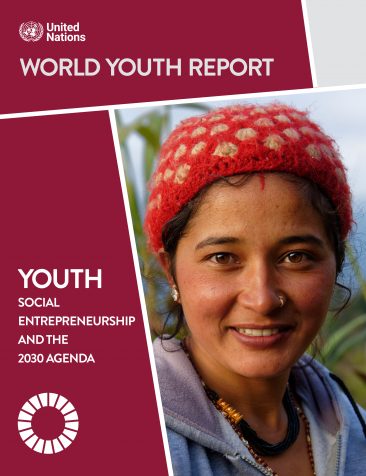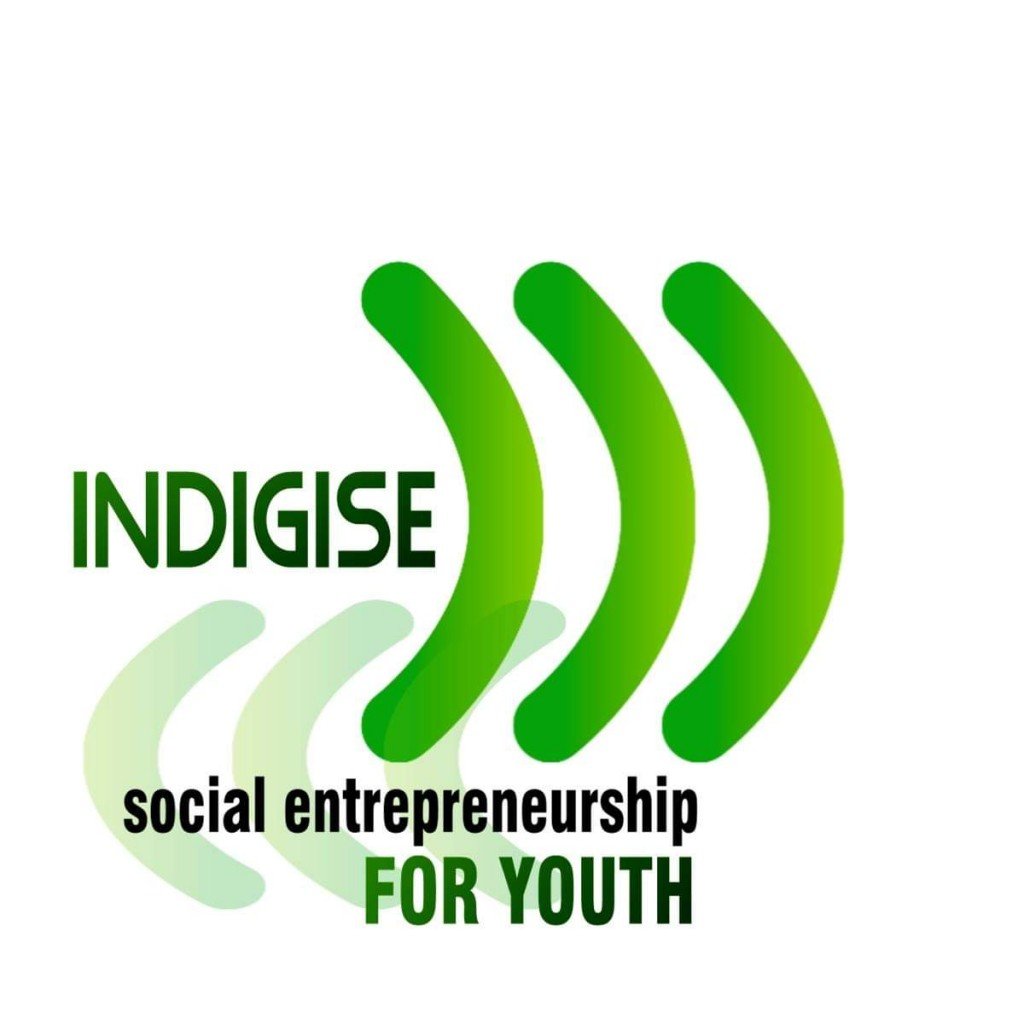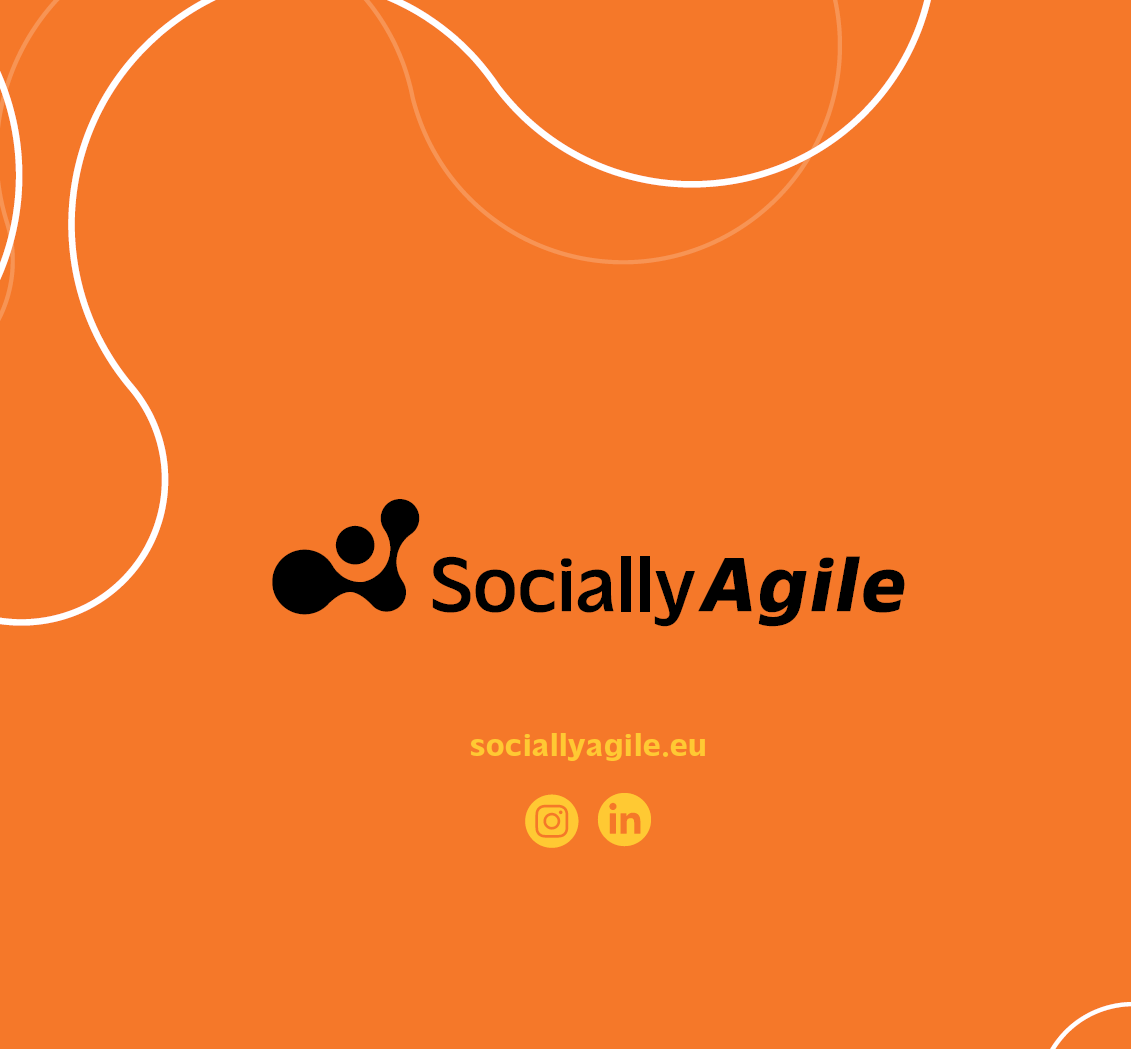Check the latest UN report about the youth social entrepreneurship that could help unemployed or excluded youth to seek their path. It is especially important in the world affected by the COVID-19 pandemic, that has worsened job prospect for so many young people.
The World Youth Report: Youth Social Entrepreneurship and the 2030 Agenda aims to present how youth social entrepreneurship can support the youth community and improve the implementation of the 17 SDGs.
The 2020 World Youth Report “Youth Social Entrepreneurship and the 2030 Agenda,” defines social entrepreneurship as businesses that form profits and at the same time creates social impacts.
In our new, social-impact-oriented Erasmus+ project – IndigiSE we aim to put attention to youth social entrepreneurship empowerment. At the same time, we continuously remind the importance of the SDGs in the youth-oriented agenda. We wish to share this information as a part of the IndigiSE Erasmus+ project activities actively promoting youth entrepreneurship and youth social entrepreneurship activities to the Baltic Sea stakeholders.
Read more about the launch of the Report below (info from the UN website): https://www.un.org/development/desa/youth/world-youth-report/wyr2020.html)
The World Youth Report: Youth Social Entrepreneurship and the 2030 Agenda seeks to contribute to the understanding of how youth social entrepreneurship can both support youth development and help accelerate the implementation of the SDGs. To do so, the Report first synthesizes the current discussion on social entrepreneurship and anchors it in the context of the 2030 Agenda. Chapter 2 of the Report then turns toward the situation of youth and examines whether youth social entrepreneurship can offer not only employment opportunities, but also support other elements of youth development such as youth participation. In the third chapter, the Report assesses the potential and the challenges of youth social entrepreneurship as a tool supporting the 2030 Agenda and youth development in its broadest sense. Finally, chapter 4 first examines how new technologies can be leveraged to address some challenges faced by young social entrepreneurs as well as further support youth social entrepreneurship in its efforts to advance sustainable development. This last chapter finally offers policy guidance to build enabling, responsive and sustainable national ecosystems for young social entrepreneurs.
Throughout the report, infoboxes and case studies illustrate the impact youth social entrepreneurship can have when entrepreneurial ecosystems are aligned with the needs, characteristics, constraints and ambitions of young people.
2 July 2020
Briefing by Mr. Elliot Harris, UN Chief Economist and Assistant Secretary-General for Economic Development (UN DESA) as well as a youth social entrepreneur, on the Report.
Read more about our InDigiSE project here:
INDIGISE project – adjusting to and supporting youth on socialenterprisebsr.net
The content of this publication is the sole responsibility of the project coordinator and may not always reflect the views of the European Commission or the National Agency.

















Leave A Comment